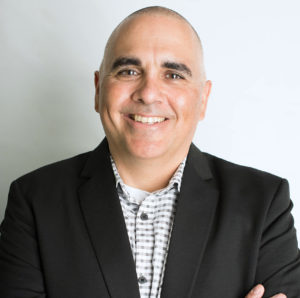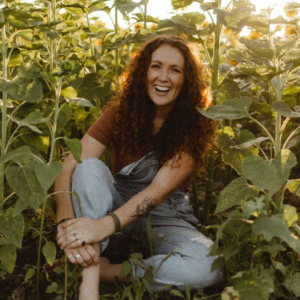I'm so excited to introduce you to this week's guest on Pep Talks for Side Hustlers, Julia Taylor of Geekpack!
Julia is the CEO & Founder of GeekPack®. Some people look at the sky and see stars; others see constellations. Some people look at lines of code and see a website; Julia saw a path to empower women in building their dreams. Julia has taught over 2,400 women to say “YES” to any WordPress request, but not only that, “YES” to themselves, and “YES” to creating life on their own terms. Mastering WordPress has not only been the single biggest driver for Julia's career progression, but it has also enabled her to follow her dreams of a TRULY location-independent lifestyle.
Check out WP Rockstar's Live Coding Challenge here*!
Push play to listen to this week's episode, or read the full transcript below!






